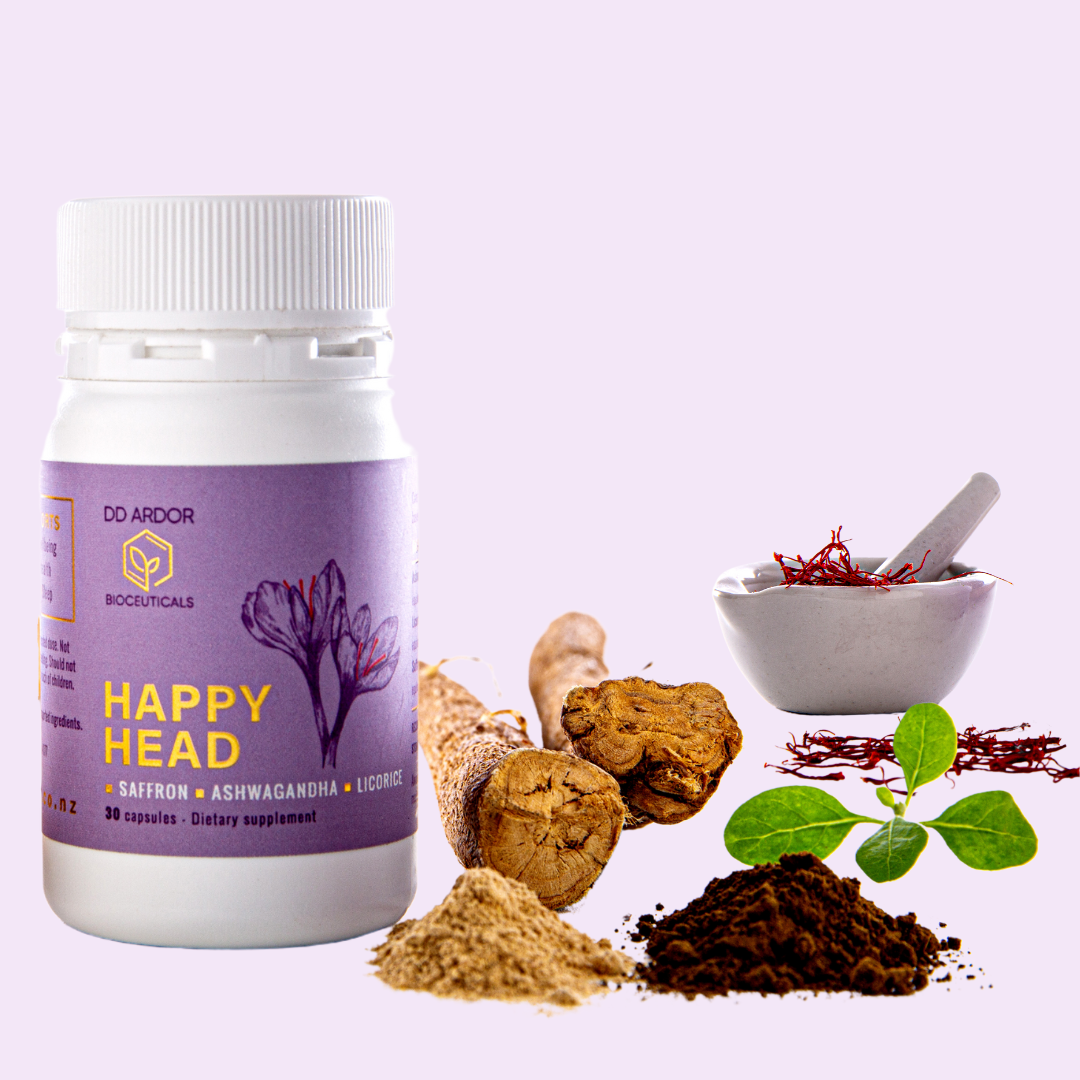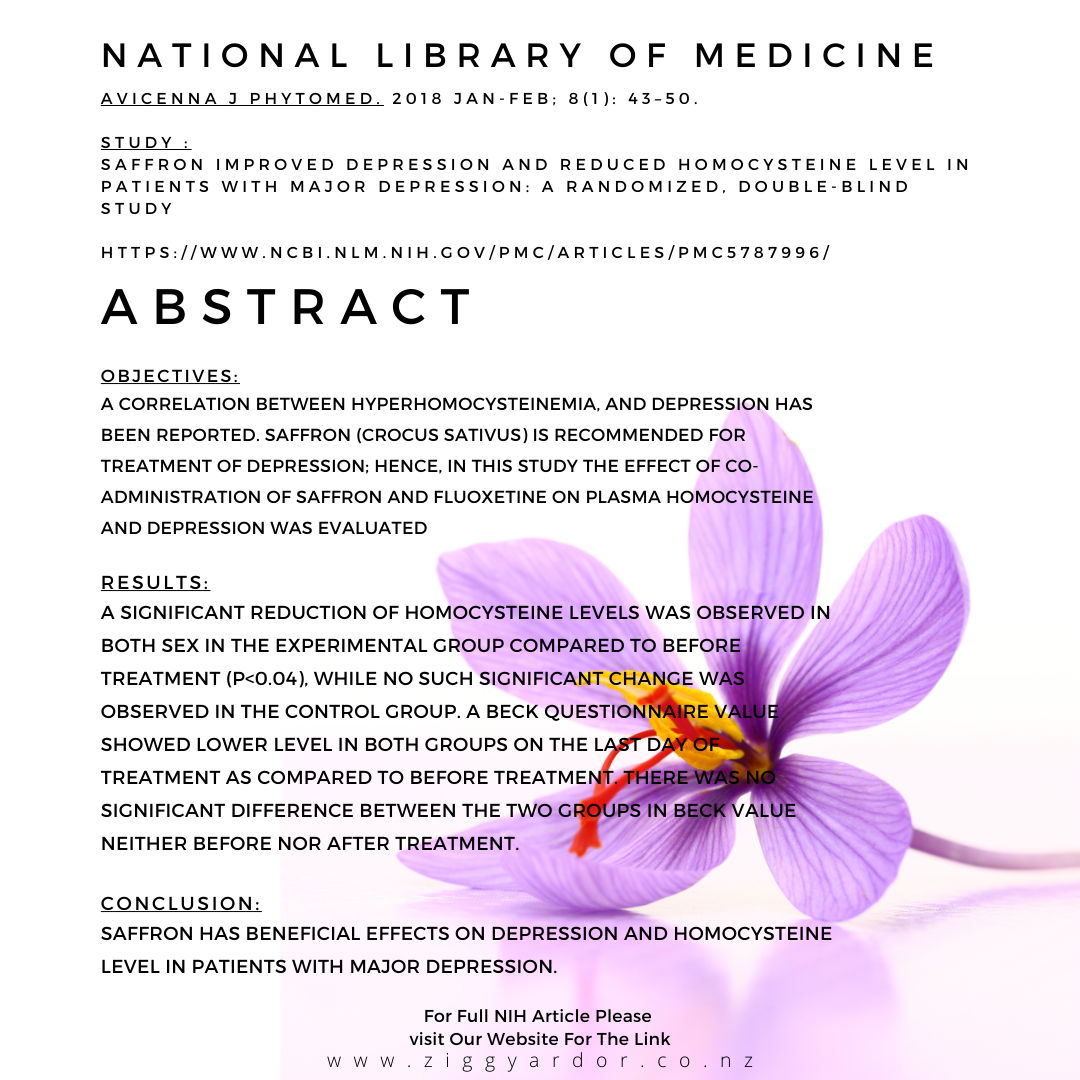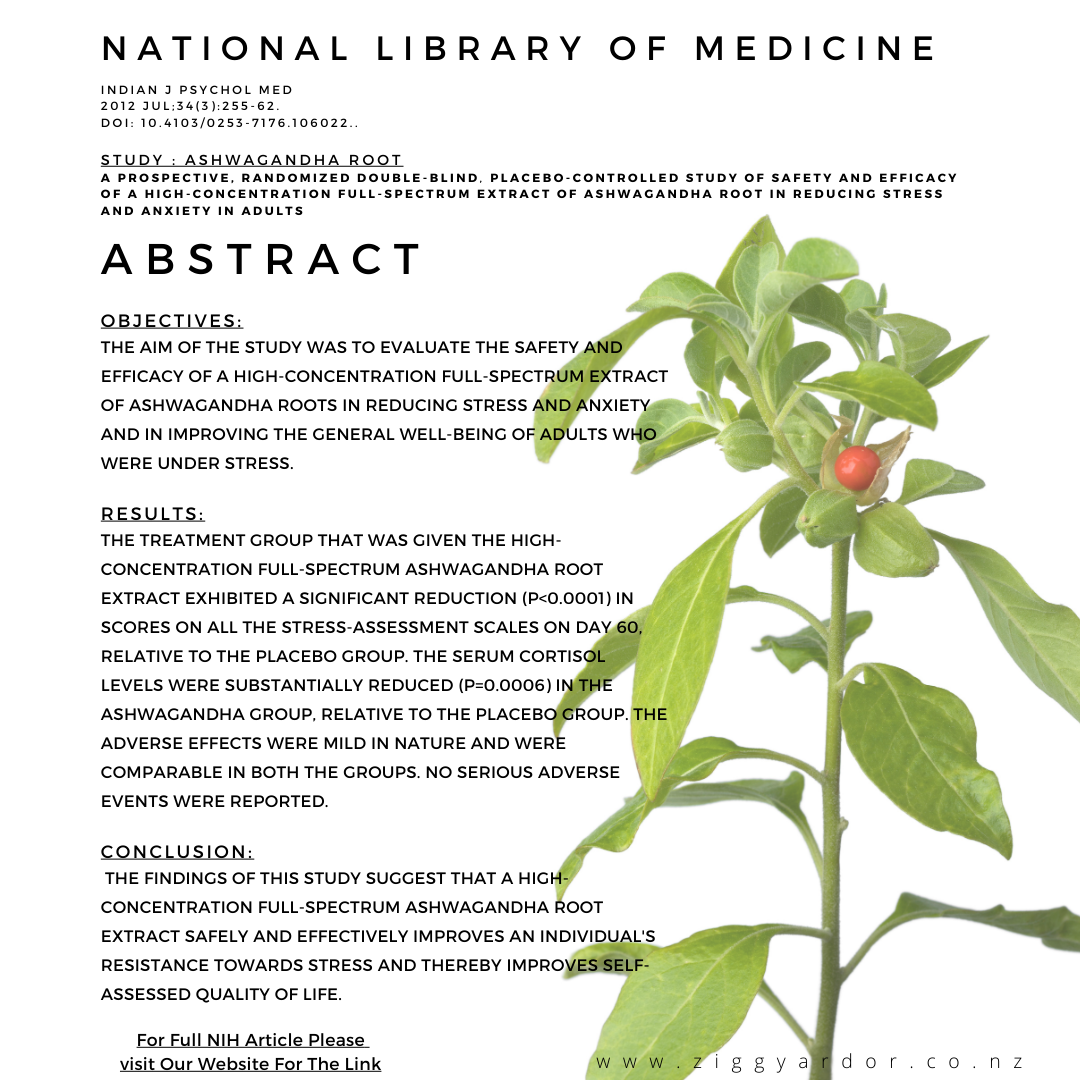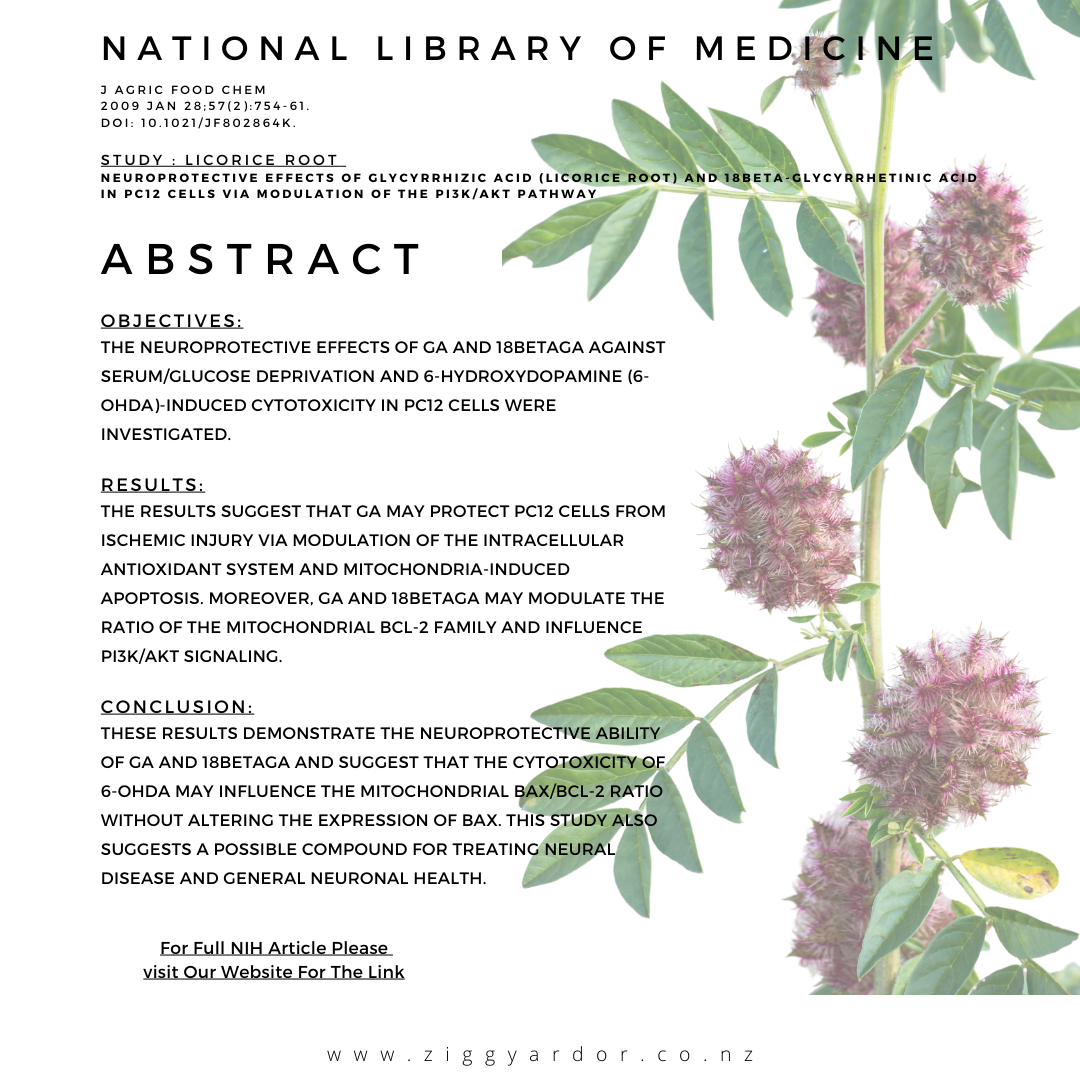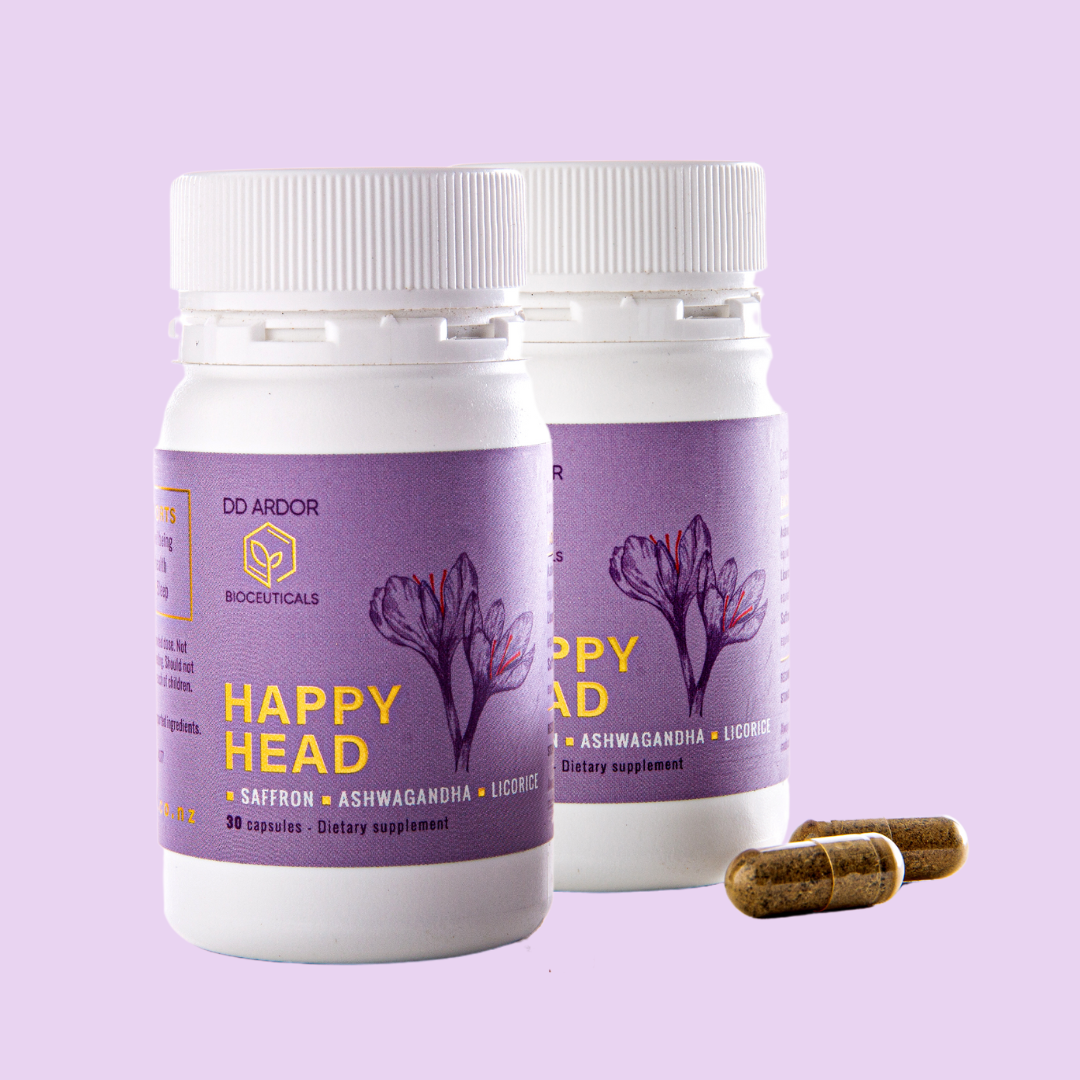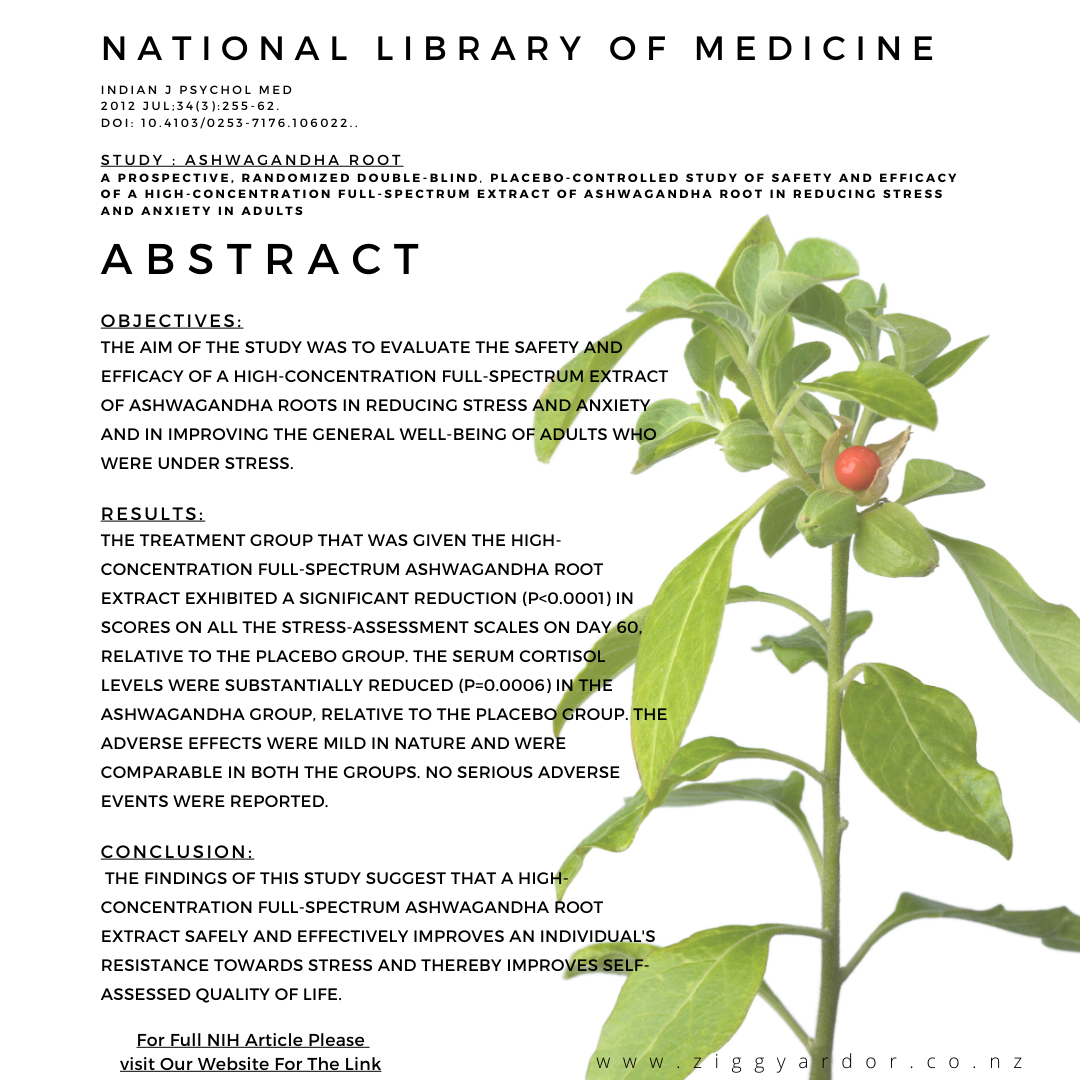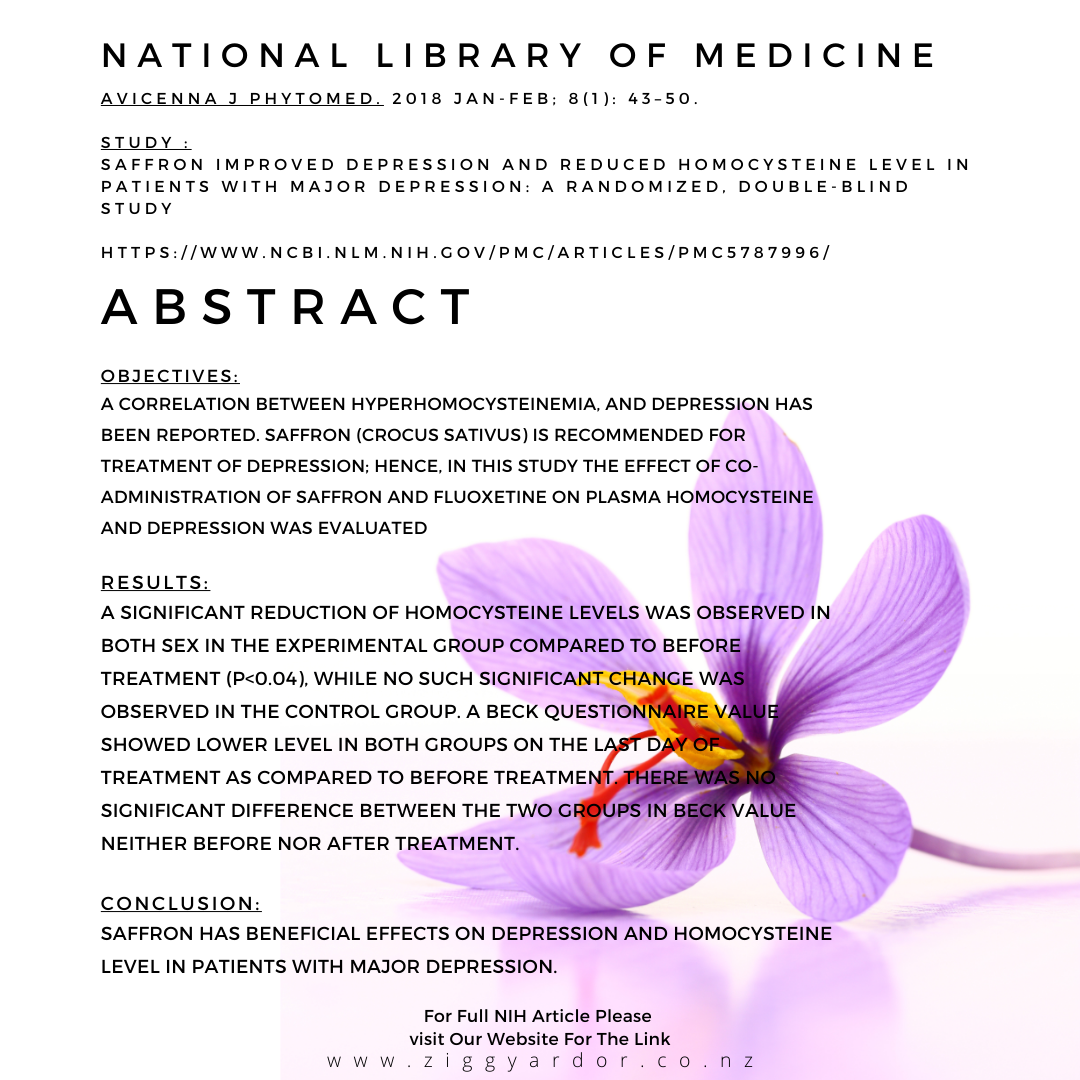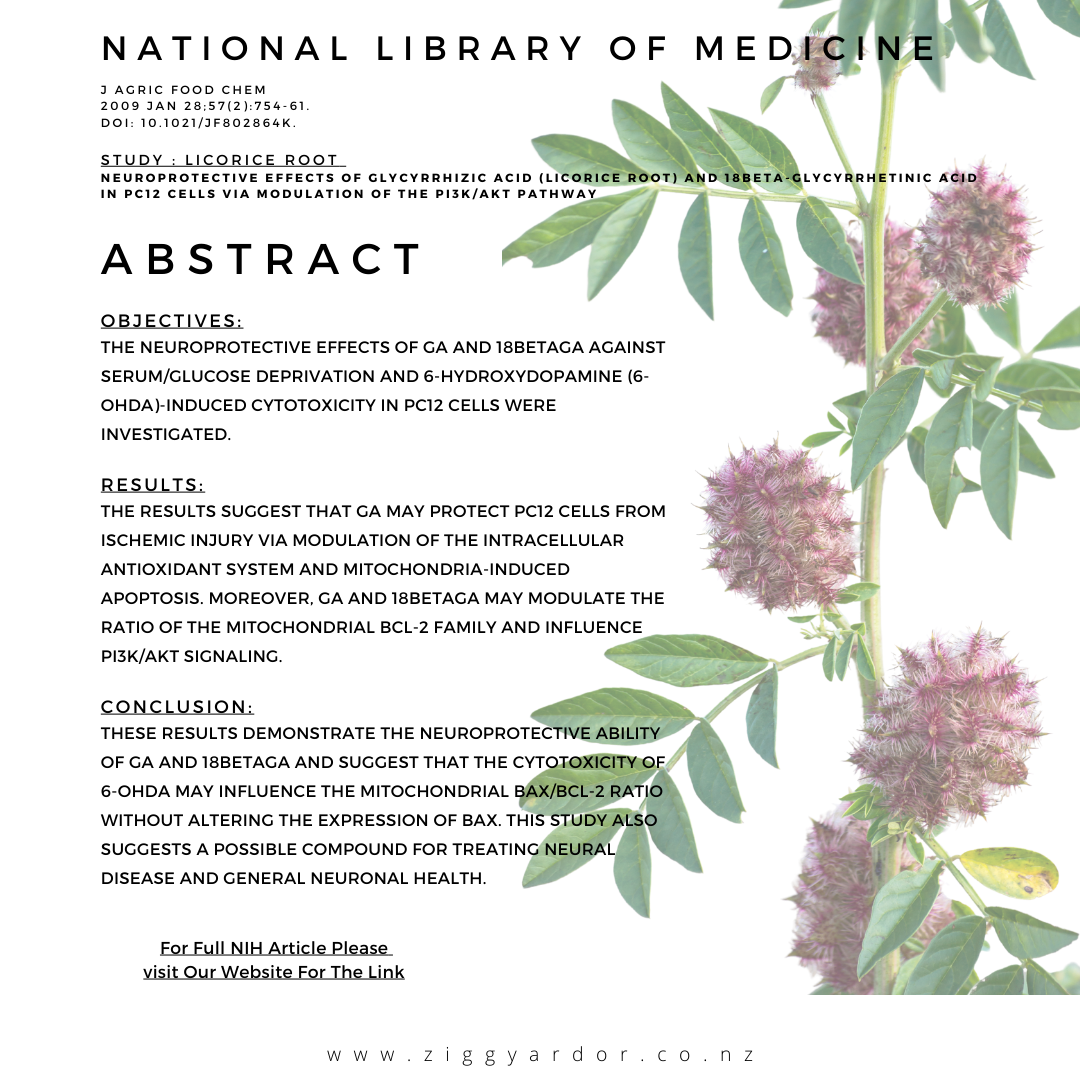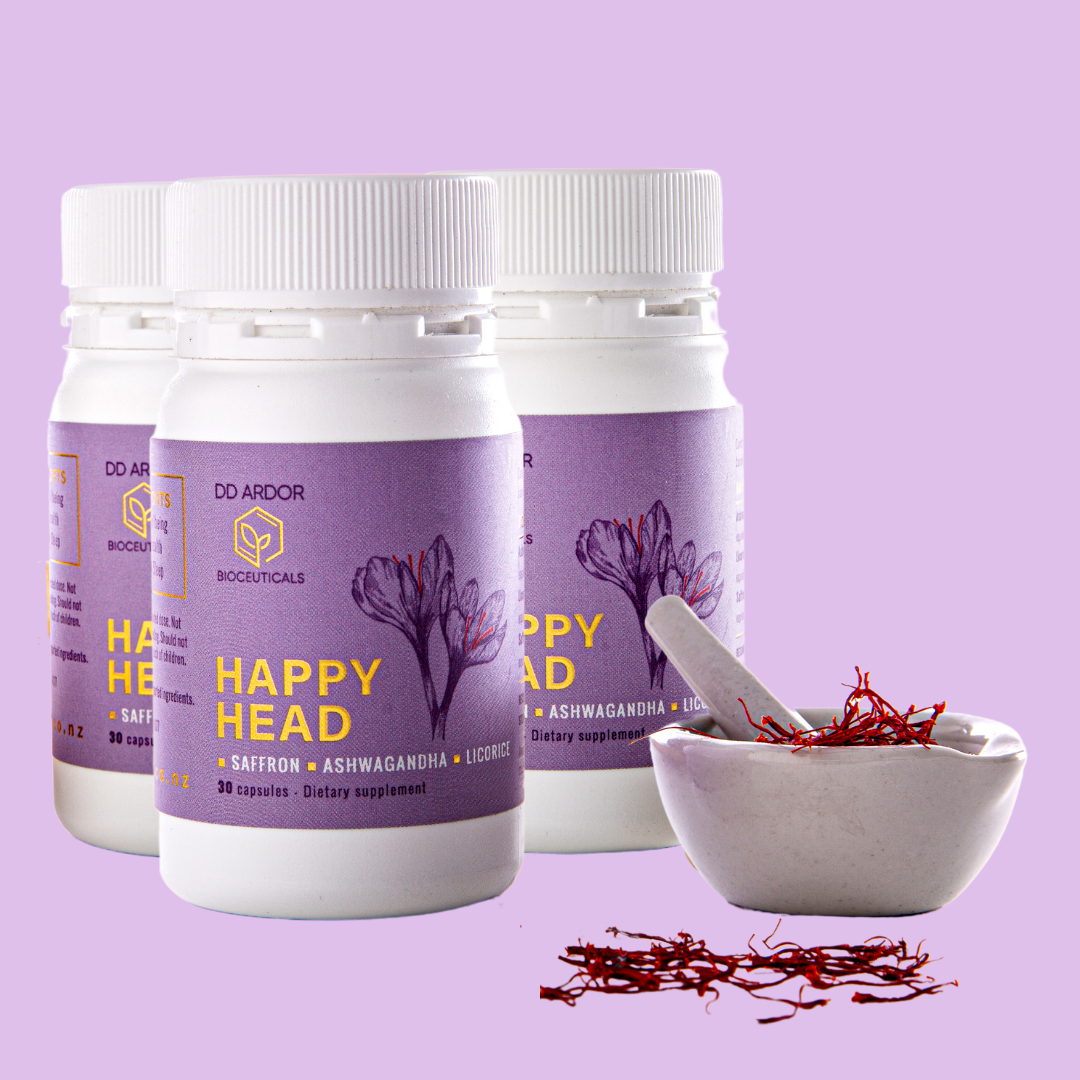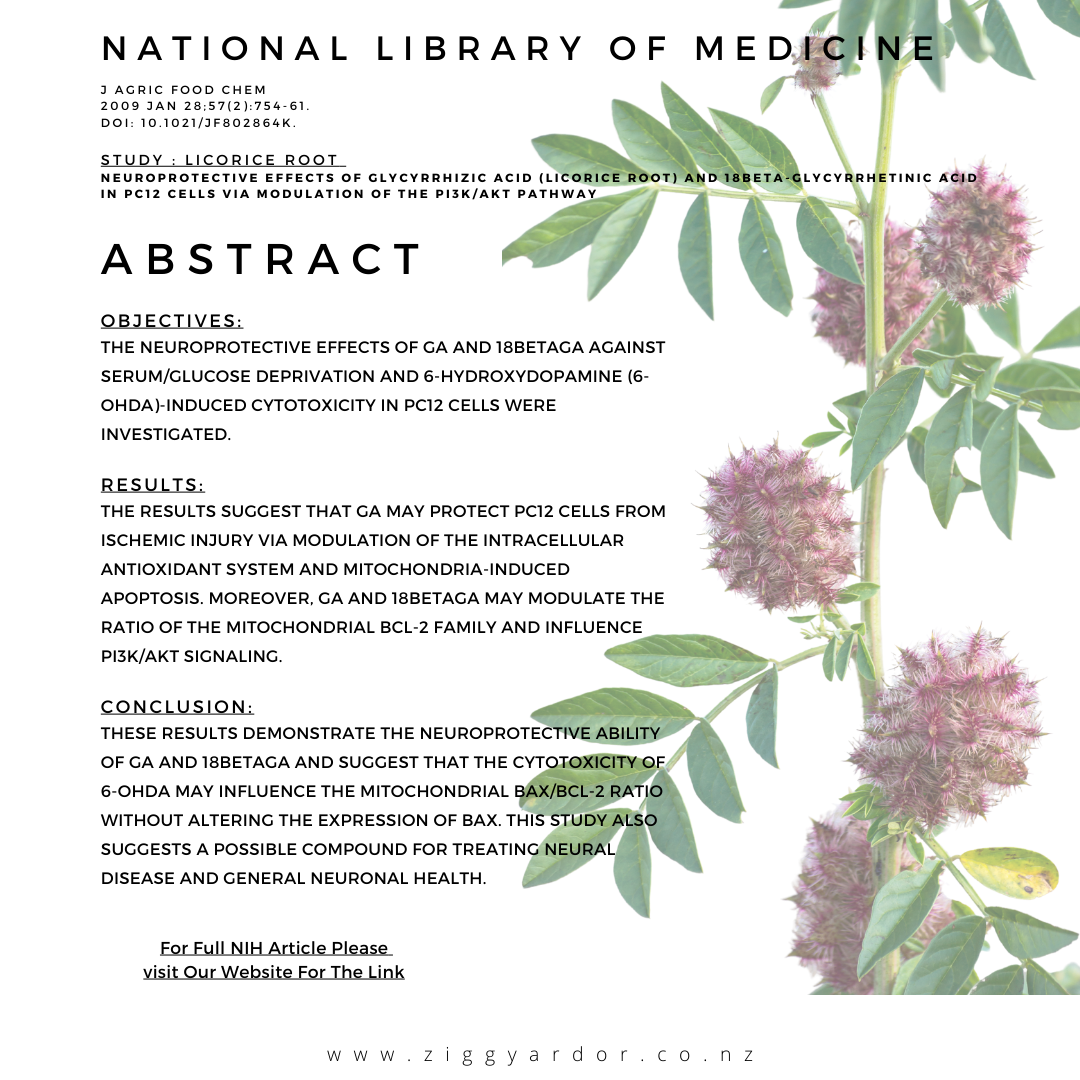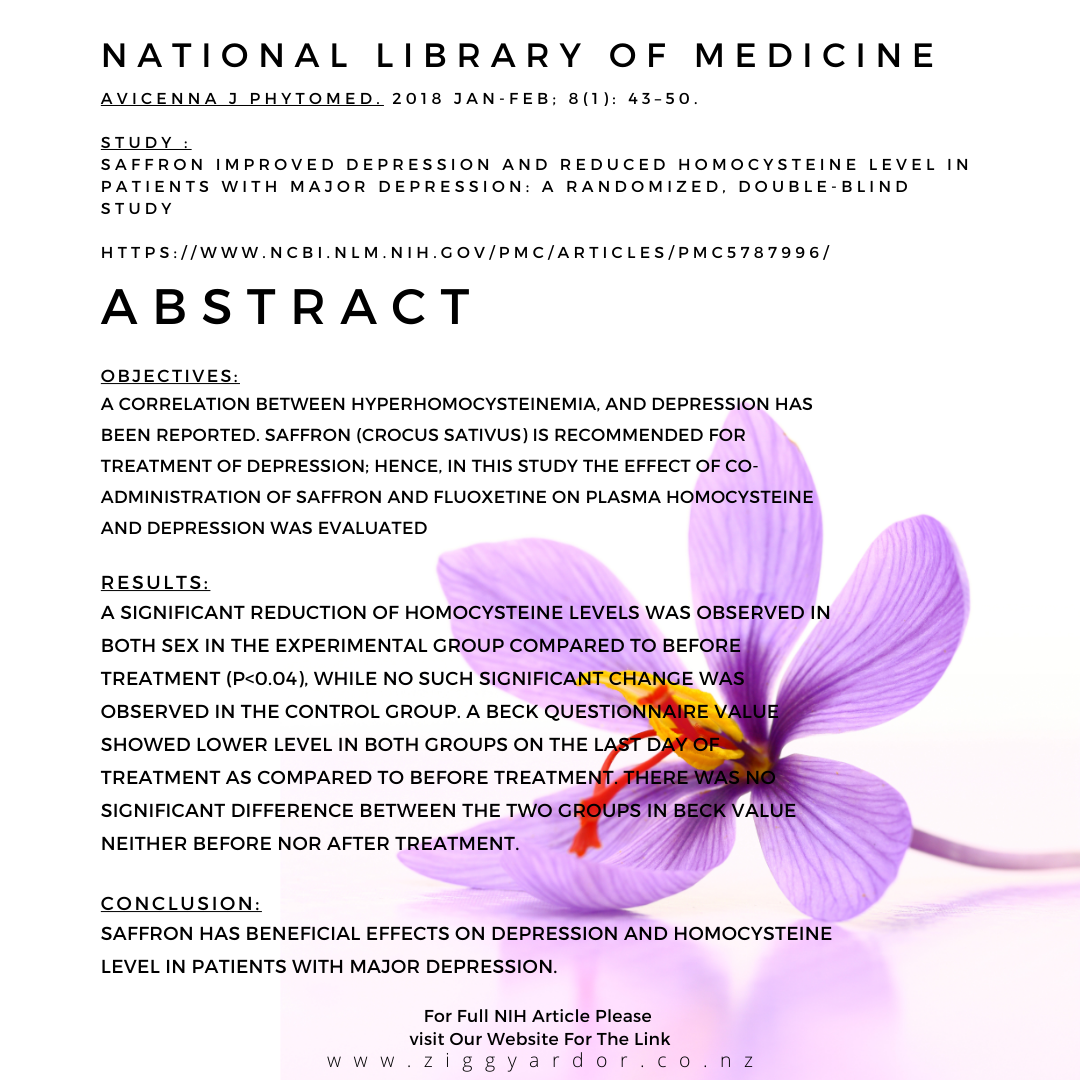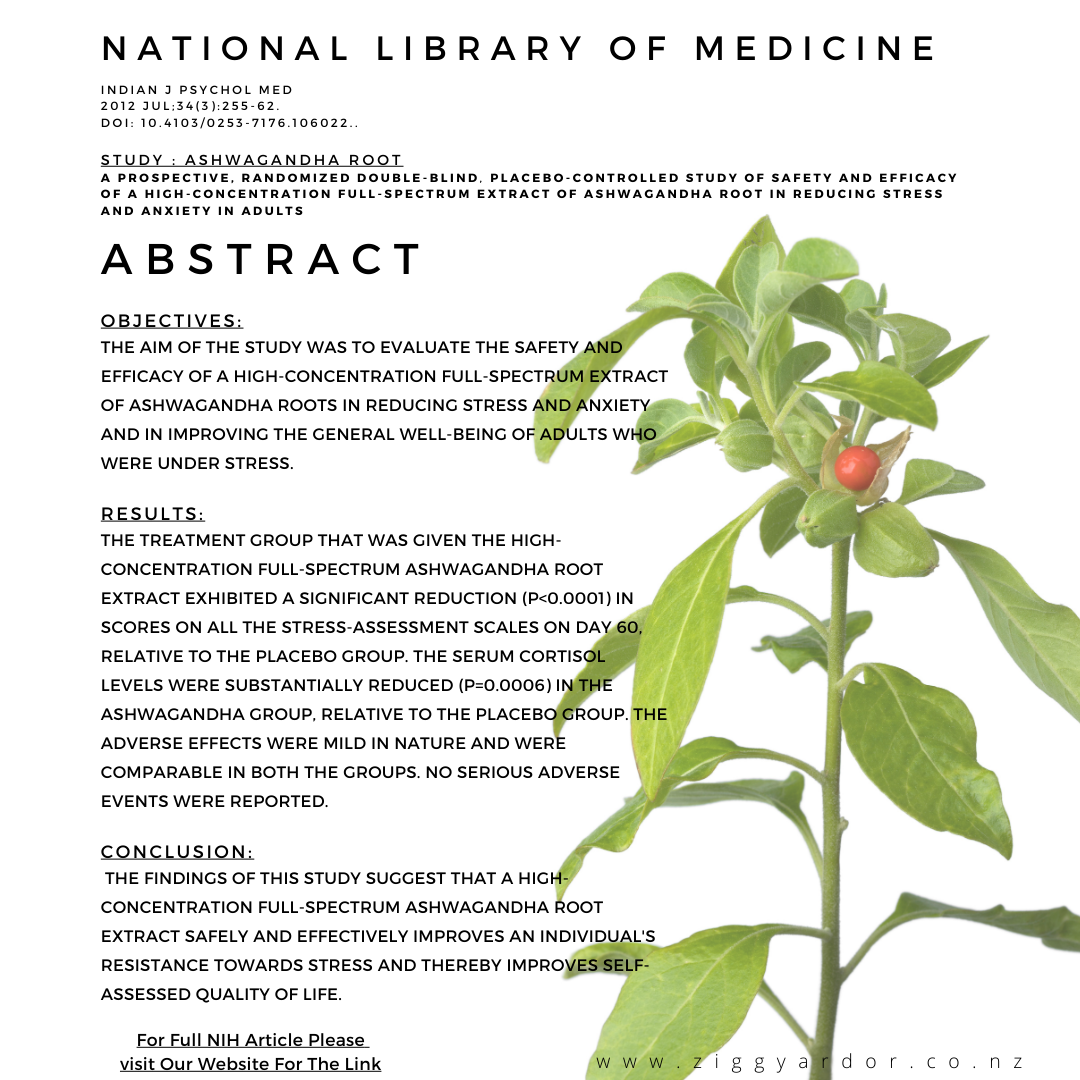
Ashwagandha root
A staple in traditional Ayurvedic medicine, is increasingly recognized for its potential benefits in managing menopause symptoms. Here are some of the key advantages:
-
Hormonal Balance:Ashwagandha is known for its adaptogenic properties, which help balance hormones. This can alleviate common menopause symptoms such as hot flashes and night sweats by stabilizing estrogen levels.
-
Stress and Anxiety Reduction: Menopause can be accompanied by increased stress and anxiety. Ashwagandha has been shown to lower cortisol levels, thereby reducing stress and promoting a sense of calm.
-
Improved Sleep: Many women experience sleep disturbances during menopause. Ashwagandha has sedative properties that can enhance sleep quality and duration, helping women feel more rested.
- Mood Enhancement: Mood swings and depression are common during menopause. Ashwagandha can improve mood by boosting serotonin levels, providing relief from these emotional fluctuations.
- Bone Health: Post-menopausal women are at higher risk for osteoporosis. Ashwagandha supports bone health by increasing bone density and strength, which can help prevent fractures.
- Energy and Vitality: Fatigue is a frequent complaint during menopause. Ashwagandha can boost energy levels and overall vitality, helping women maintain their daily activities with more ease.
- Cognitive Function: Menopause can sometimes affect cognitive function, leading to issues like memory loss and difficulty concentrating. Ashwagandha supports brain health and improves cognitive performance.
Saffron:
A spice derived from the flower of Crocus sativus, has been studied for its potential benefits in managing menopause symptoms. Here are some of the key advantages:
- Mood Enhancement: Saffron is known for its antidepressant properties, which can help alleviate mood swings, anxiety, and depression commonly experienced during menopause. It works by increasing the levels of serotonin in the brain, which can improve overall mood.
- Reduction of Hot Flashes: Some studies suggest that saffron can help reduce the frequency and intensity of hot flashes, one of the most common and uncomfortable symptoms of menopause.
- Improved Sleep: Saffron may help improve sleep quality by promoting relaxation and reducing insomnia. Better sleep can significantly enhance overall well-being and energy levels.
- Cognitive Function: Saffron has been shown to have neuroprotective properties that can support cognitive function. This can be particularly beneficial for menopausal women who experience memory loss or difficulty concentrating.
- Libido Enhancement: Menopause often leads to a decrease in libido. Saffron may help enhance sexual desire and function, improving intimacy and overall quality of life.
- Anti-inflammatory Properties: Saffron contains powerful antioxidants that have anti-inflammatory effects. This can help reduce inflammation and pain associated with various menopausal symptoms.
- Heart Health: Menopause can increase the risk of cardiovascular issues. Saffron may contribute to heart health by lowering blood pressure and improving cholesterol levels.
Licorice root:
Derived from the Glycyrrhiza glabra plant, has a long history of use in traditional medicine and is noted for its potential benefits in managing menopause symptoms. Here are some of the key advantages:
- Hormonal Balance: Licorice root contains phytoestrogens, which can mimic estrogen in the body and help balance hormone levels. This can alleviate symptoms like hot flashes and night sweats.
- Bone Health: The estrogen-like effects of licorice root can also help maintain bone density, reducing the risk of osteoporosis, which is a common concern post-menopause.
- Mood Enhancement: Licorice root has adaptogenic properties that help the body cope with stress. It can improve mood, reduce anxiety, and alleviate symptoms of depression that often accompany menopause.
- Improved Digestion: Menopause can sometimes lead to digestive issues. Licorice root has been shown to soothe the digestive tract, reduce inflammation, and promote healthy digestion.
- Anti-inflammatory Properties: The anti-inflammatory effects of licorice root can help reduce pain and inflammation associated with various menopausal symptoms, including joint pain.
- Heart Health: Licorice root may help improve heart health by lowering cholesterol levels and reducing the risk of cardiovascular disease, which becomes more prevalent post-menopause.
- Adrenal Support: Licorice root supports adrenal gland function, helping to manage fatigue and improve overall energy levels, which can be particularly beneficial during menopause.
- Skin Health: Menopause can cause skin issues like dryness and irritation. Licorice root has skin-soothing properties that can improve skin health and alleviate these symptoms.
Incorporating Ashwagandha, Saffron & Licorice root into a menopause management plan can offer a natural, holistic approach to alleviating various symptoms, improving overall well-being and quality of life during this transitional phase. However, it is important to consult with a healthcare professional before starting any new supplement regimen, especially because licorice root can have side effects and interactions with other medications

